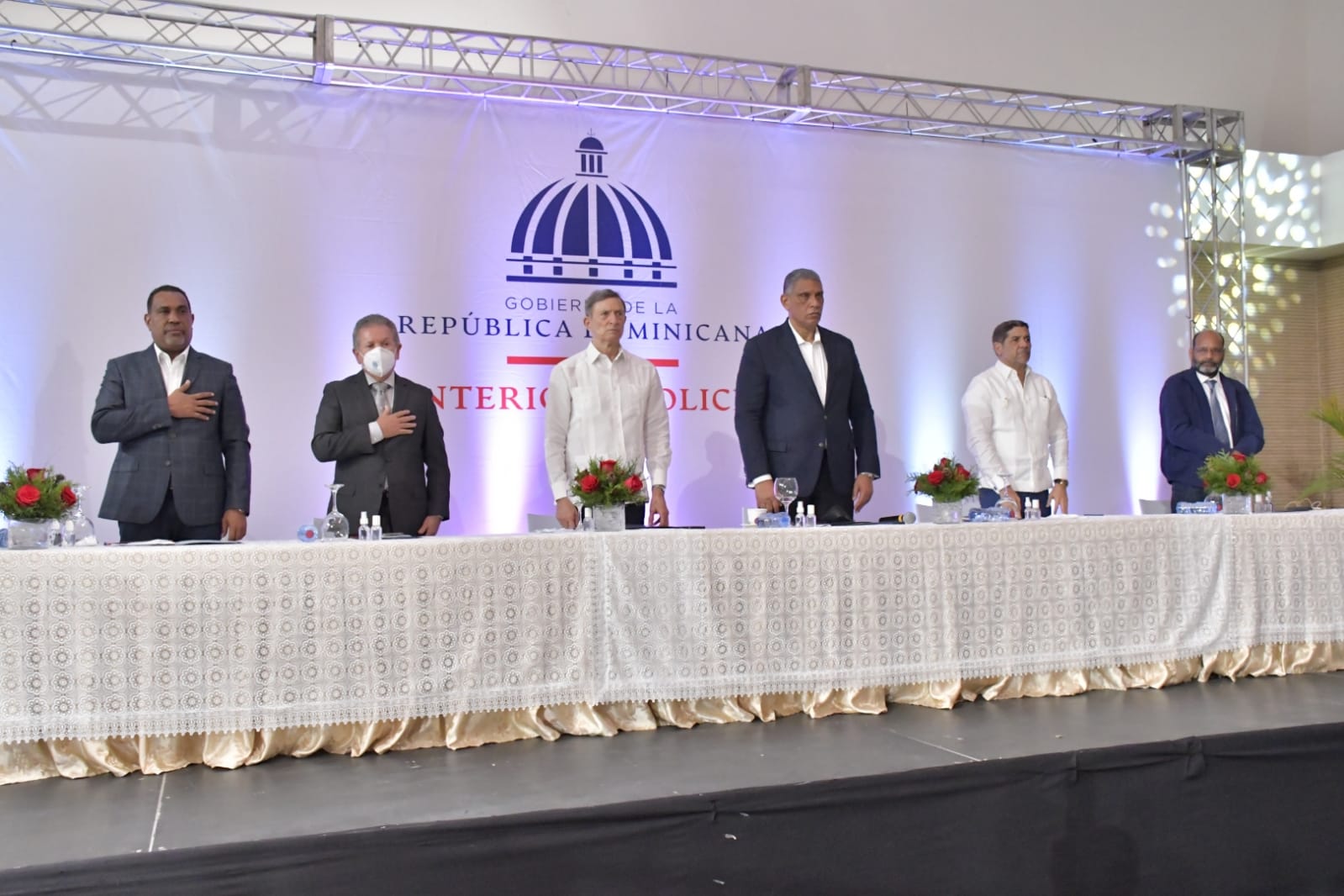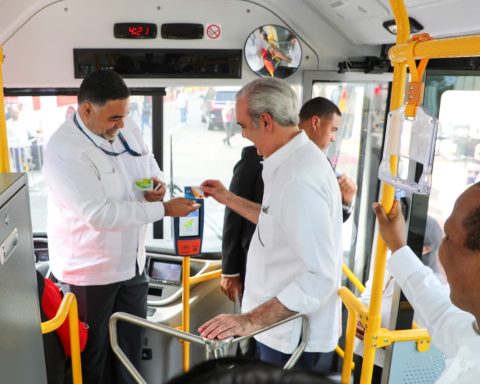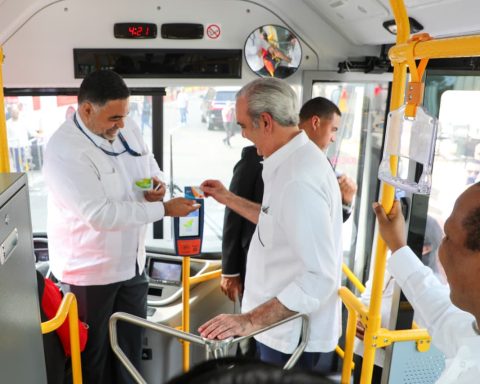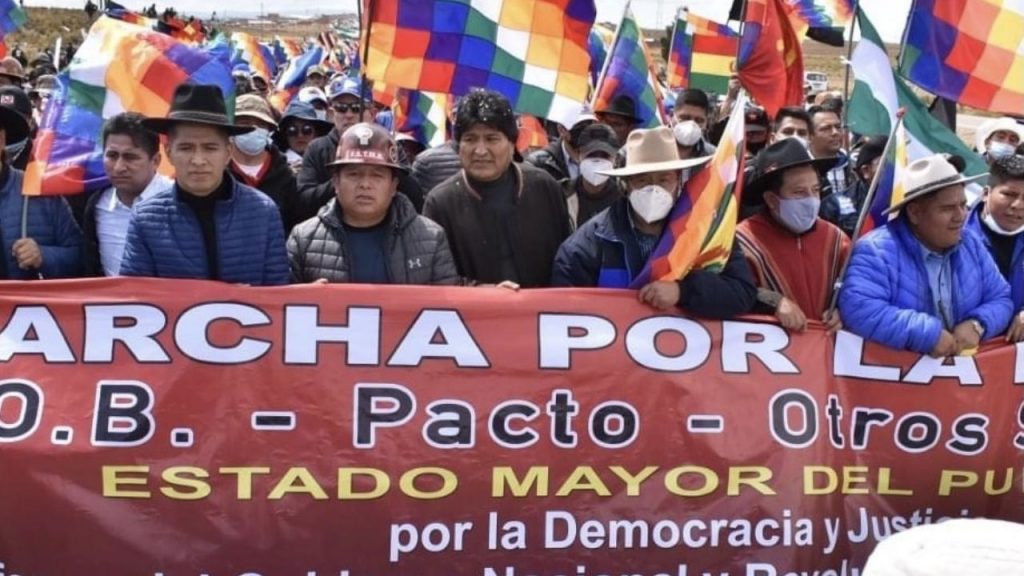They salute the Government’s initiative since national security must be above all
SANTO DOMINGO.- The agricultural and productive sectors of the country accepted the request of the Government aimed at regularizing the foreign labor force that resides in the Dominican Republic, in order to enforce the Migration Law and the decisions approved by the National Migration Council.
During a socialization meeting between the productive, agricultural and construction sectors, held at the headquarters of the Ministry of Foreign Affairs, the representatives of the Dominican Agribusiness Board (JAD), Osmar Benítez, and Wilfredo Cabrera of the National Confederation of Agricultural Producers (Confenagro ), affirmed that despite the commitment they have to guarantee agri-food security, it is no less true that national security is above all else and advocated that the Government promote the mechanization of agricultural work, in order to reduce the foreign labor.
“The reality is that we have to comply and as our letter says: We fully and absolutely support the decision of the Dominican Government chaired by Luis Abinader to normalize the immigration status of people who are in our country without complying with the requirements of the Law”, Benítez expressed.
On his side, Wilfredo Cabrera de Confenagro said that everyone who is in a country has to be registered and that in truth national security has to be above all else, which is why he also favored the automation of agricultural work in the field. .
Hilario Pellegrini Fernández from the Dominican Association of Banana Producers (Adobanano) expressed his concern about the situation, especially with the gangs that operate in Haiti and revealed that they have already started a process of identification of workers through a card, to which They added a labor contract as a requirement, which includes the 10 employee fingerprints.
“In addition, we started a census to determine the number of employees we have. 68% of our workforce return to Haiti and report at least twice a year for vacations and then return to the country, “he said.
Labor regulation
Meanwhile, the Minister of the Interior and Police, Jesús Vásquez Martínez, welcomed the support offered by the country’s productive sectors, since the time has come to unite wills in favor of national sovereignty, since compliance with the law constitutes the mechanism most suitable for achieving these objectives.
“What we want to urge all of you is that you join us in this decision, which is of high national interest, and that a survey be made of the foreign labor required by each sector, so that priority is given to employing those who were regularized in the previous plan, and those who now comply with the process of registering their data, and who expressly do not hire any foreigner who is not registered in the database of the Ministry of the Interior and Police, “he indicated.
Breakeven
While the Minister of Foreign Affairs, Roberto Álvarez, advocates a balance point, since the decision of the National Migration Council is vital for national security in the face of the growing number of foreigners.
“From 2004 to date there are hundreds of thousands of births of foreigners in Dominican territory, more than 97 percent are Haitians, what is the importance of what this means, that if these people live in the country for more than 20 years , the inevitable problem of where they are nationals will arise over time, for which action must be taken ”, he warned.
Limber Cruz and Deligne Ascención highlighted the importance of the meeting and the commitment to do everything in their power to ensure that the productive and construction sectors are not affected by the regulations and that they continue to play their role in the productive development of the Dominican Republic.
Also participating in the activity were the Vice Minister of Immigration Management and Naturalization, Juan Manuel Rosario; Senator Virgilio Cedano, President of the Permanent Commission of the Interior and Police and Citizen Security in the Upper House; Andrés Valentín, General Director of Labor; Wilfredo Lozano, general director of the National Institute of Migration, among other officials.
In addition to the banana growers, representatives of the rice, cocoa, coffee, sugar, beans, vegetables and construction sectors participated in the meeting.
















